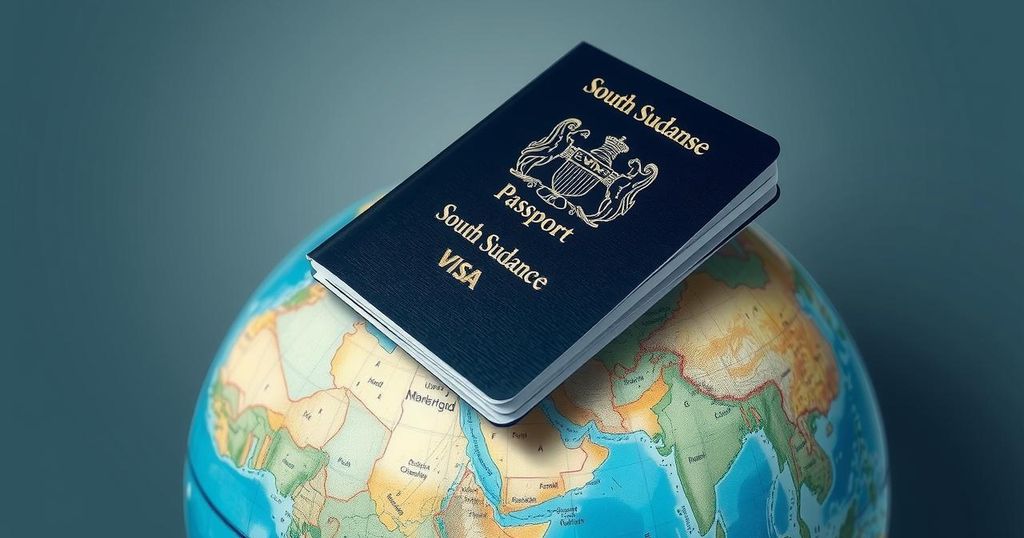Tropical Cyclone Chido has affected Mayotte and the Comoros as of December 14, bringing severe winds and rains threatening 2.5 million people in its path. Authorities are issuing advisories and preparing responses for the impending impact expected in northern Mozambique on December 15. Heavy rainfall and risks of flooding are forecasted for multiple Southern African nations, necessitating swift humanitarian action.
As of December 14, 2024, Tropical Cyclone Chido has significantly impacted the regions of Mayotte and the Comoros, bringing severe winds and torrential rains that pose risks of flooding and mudslides. An estimated 2.5 million individuals reside within the cyclone’s projected trajectory, primarily affecting Mozambique, Malawi, and the Comoros. Preparatory measures and assessments of potential damages are ongoing, as authorities urge residents in at-risk areas to heed advisories and take cover.
The cyclone, categorized as intense, is expected to cause extensive disruption as it travels southward towards northern Mozambique. Particularly in Mayotte, the cyclone’s high-intensity winds have already led to flooding and hazardous maritime conditions. Despite succumbing to lower winds as it approached Madagascar, where no significant damage has been reported, Chido remains a formidable force capable of causing substantial harm once it lands in Mozambique between December 14 and 15.
As Chido approaches, it is important to note that weather forecasts predict heavy rainfall in multiple Southern African countries, including northern Mozambique, Malawi, and Zambia, which may lead to flash floods. The response from regional and national authorities is being bolstered with recommendations to increase public awareness, preposition relief supplies, and coordinate with humanitarian partners to meet the impending needs of affected populations. Existing infrastructure and safety protocols are being mobilized to mitigate potential crises.
Tropical Cyclone Chido represents a formidable meteorological event developing from a tropical depression in the southern Indian Ocean, progressing westward since early December. Having escalated to a severe cyclonic structure, Chido’s anticipated trajectory poses alarming threats to not only island nations like the Comoros but also substantial land areas in Mozambique and Malawi. The historical context provided indicates its severity may exceed that of comparable cyclones in previous decades. As such, regional governments and emergency services are mobilizing to protect their populations and infrastructure.
In conclusion, Tropical Cyclone Chido poses a significant risk to millions in its projected path as it approaches the southern coast of Africa. With proactive measures underway from regional authorities to safeguard citizens and provide necessary relief, the potential for damage remains a pressing concern. Continuous monitoring and effective coordination across countries are critical to mitigate the cyclone’s impact and ensure timely support for those affected.
Original Source: reliefweb.int




